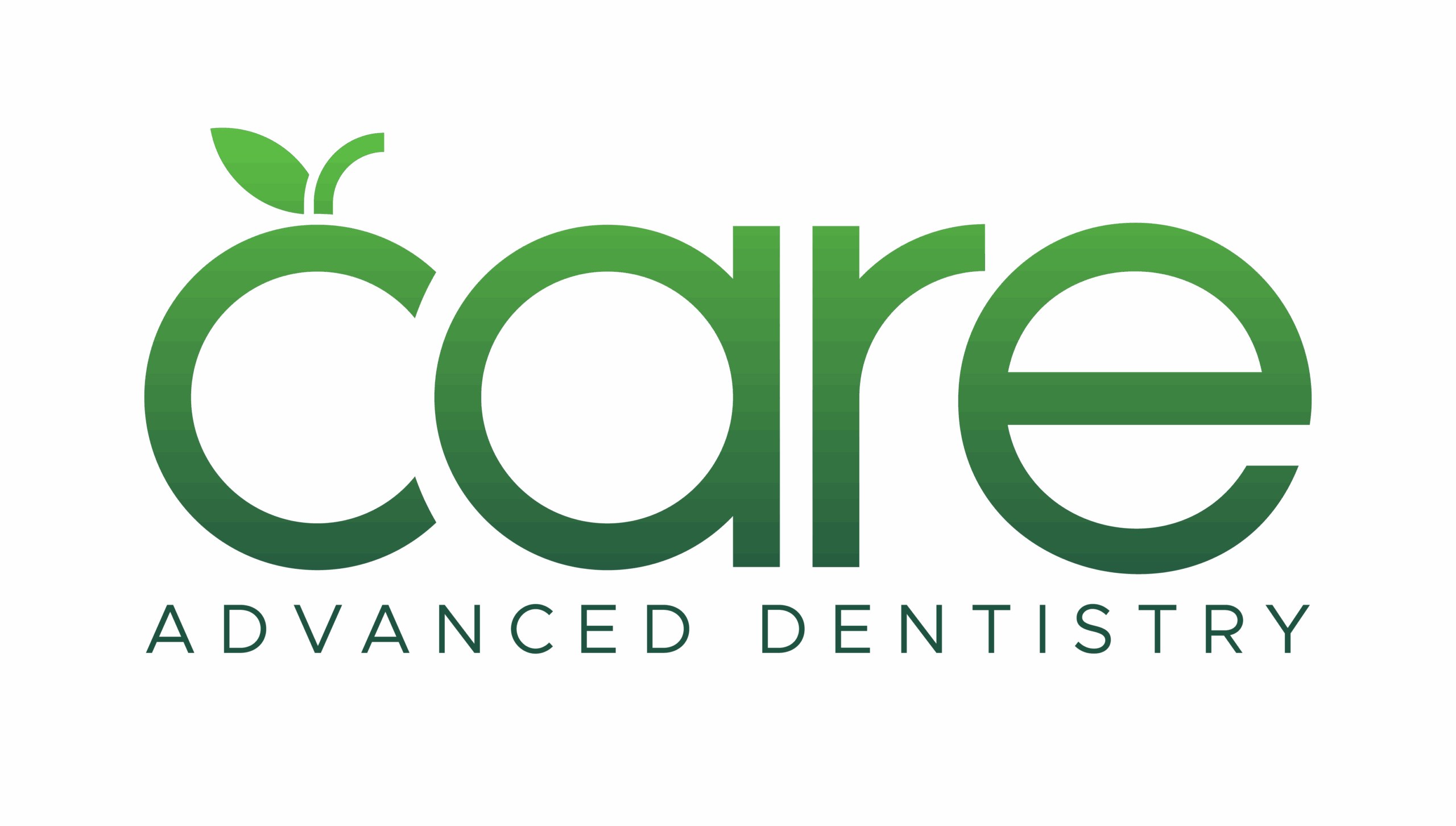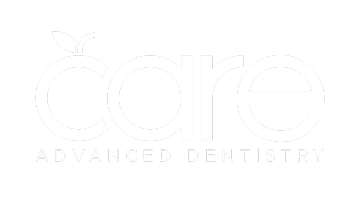Pediatric Dentistry
Diet and Oral Health For Children
What your children eat affects their teeth. Sugars (found in cake, cookies, candy, milk and juice) and starches (found in pretzels and potato chips) can cause tooth decay. Additionally, it is more difficult to clean babies’ and children’s teeth – resulting in the accumulation of debris in children’s teeth, and resulting in bacterial growth and ultimately, tooth decay. Although baby teeth (deciduous or primary teeth) are eventually replaced with permanent teeth, healthy baby teeth are fundamental to a child’s overall health and development.
From 6 months to 24 months, children begin teething in earnest. This is indicated by irritability, biting on objects, drooling, and ear pulling. As a parent, you can help teething progress by using strategies such as massaging your child’s gums, offering a chilled teething ring or cold, wet washcloth.
By 3 years of age, most if not all baby teeth have erupted. Soon after 4 years, spaces for permanent teeth begin to appear as the jaw, supporting bone structure and facial bones begin to grow.
From 6 to 12, it is typical for your child to have both baby teeth and permanent teeth in their mouth.
About Pediatric Dentistry
Care Advanced Dentistry Provides Oral Health Care for Children and Infants
- Infant Teeth Cleaning: Baby teeth should be cleaned as soon as they erupt. Clean your baby’s teeth with a soft washcloth or gauze after every bottle or meal. When more than one tooth erupts, you can soak a small-bristled child-sized (age-appropriate) toothbrush in warm water before using it on your baby’s teeth, as instructed by your dentist. Baby teeth should be brushed using a pea-sized amount of toothpaste.
- First Dental Visit: It is important that your child see a dentist as soon as the first tooth erupts. This is a great time to introduce them to the dentist to build confidence and comfort.
- Dental Sealant Application: Dental sealants are used to protect teeth from decay and are appropriate as soon as a tooth erupts.
- Fluoride Treatments: Fluoride is a major component in the prevention of childhood tooth decay.
- Dental Flossing: Parent-assisted dental flossing should commence when two teeth erupt next to each other. Independent flossing should occur when children have the ability to do it on their own (often by 6 years of age).
- Mouth Washing: Mouth washing is usually recommended by age 7, provided your child can perform the activity.
- Orthodontics: Orthodontics may be appropriate by 7 years of age.
To schedule an appointment with a Care Advanced dentist in our Milford, CT office, contact us today at 203-878-6699.
More Services
My first time here was an emergency appointment. I was impressed with the bright and immaculate waiting area. Receptionist was very welcoming and pleasant. I was quickly taken to exam room. The dental assistant was so nice and kind. The dentist was great! They both calmed my fears and I felt that I was in good hands. My procedure went well. Everything explained and a plan was made for future appointments. I don’t know all of the names( I was very nervous when introduced to everyone)but I will. At checkout, she was also friendly, took her time explaining what will be needed next. I thank each one so much. Most importantly, I have a new dentist. Highly recommended.
Dr. Alex and his team are the absolute dental care providers I’ve ever experienced. He is a wizard at diagnosis, crowns, implants and treatment plans. Great professional office - everyone on the staff - admin to hygienists - are all excellent. Recommend Care Advanced without reservation!
Care Advanced comprises the most thorough and competent dental professionals who have ever provided dental care for me and my family. All of the staff are focused on patient care and support and the services they offer are second to none.
I am very pleased with the dental care I am receiving from Dr. Alex Quintner and his team. Having all my natural teeth removed and replaced with permanent dentures is something I have been putting off for years. I am very glad to finally have the process well underway and I am extremely satisfied with the results. Ultimately it will take some months before I have the finished product but one day of surgery and I walked out with temporary fixed dentures. It was an immediate improvement. Even considering the bit of physical discomfort from the surgery and a short time thereafter, I was promptly recognizing a vast improvement over what I had come accustomed to tolerating day in and day out for years prior. Thanks!
Best dentist I have ever come across in the 64 years of my life. Meticulous, careful, and very caring. The office is equipped with the latest technology (for example a 3 D printer) which makes receiving crowns, implants, and night guards etc. so much faster. Highly recommend the dentists there.
I was treated very well by everyone I came in contact with and Dr Alex really took his time explaining the different procedures available. Going to the dentist is no one’s idea of a fun time, but it doesn’t get much better than this.
Make an In-Office Appointment








